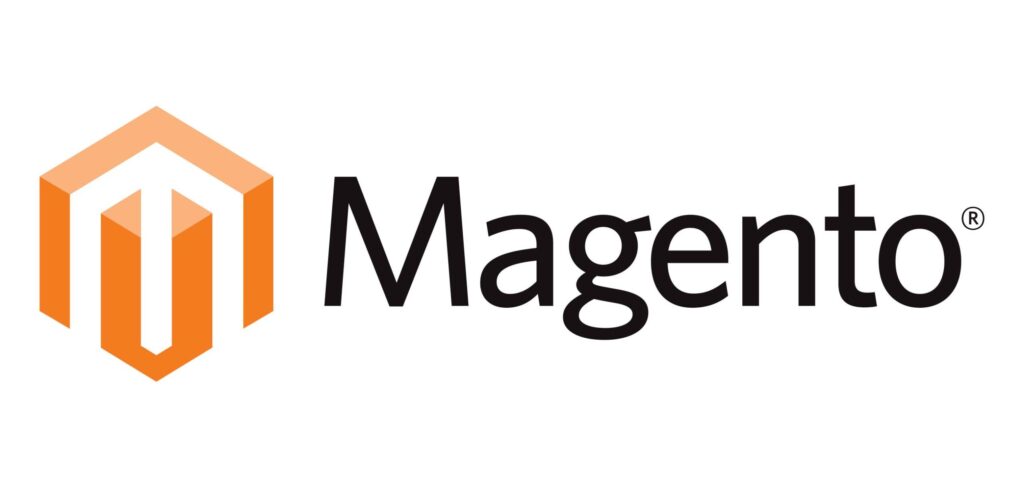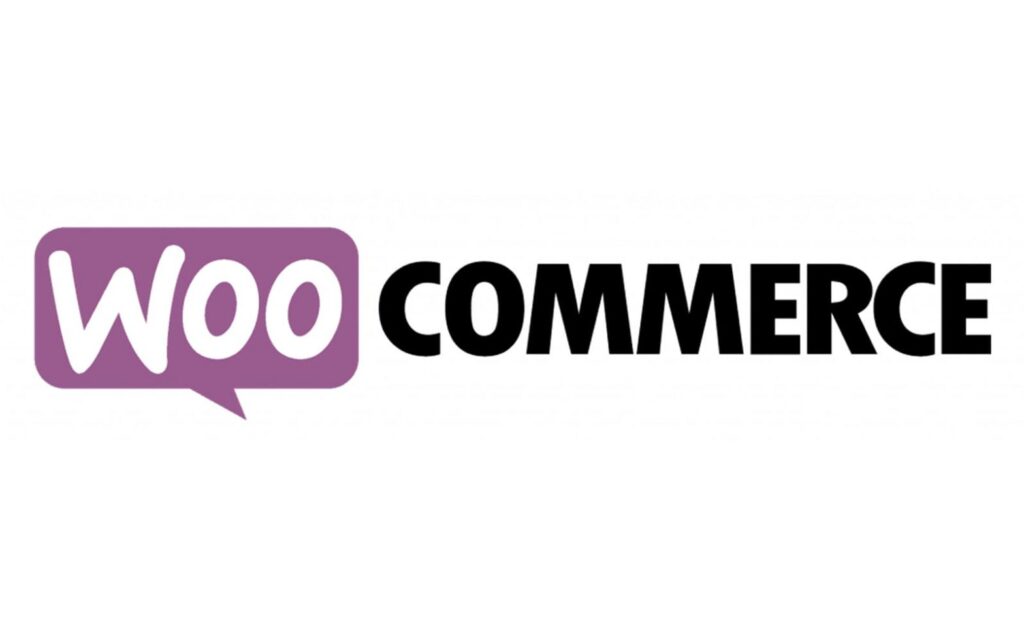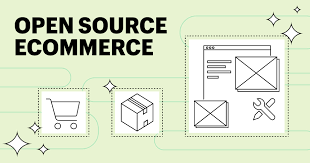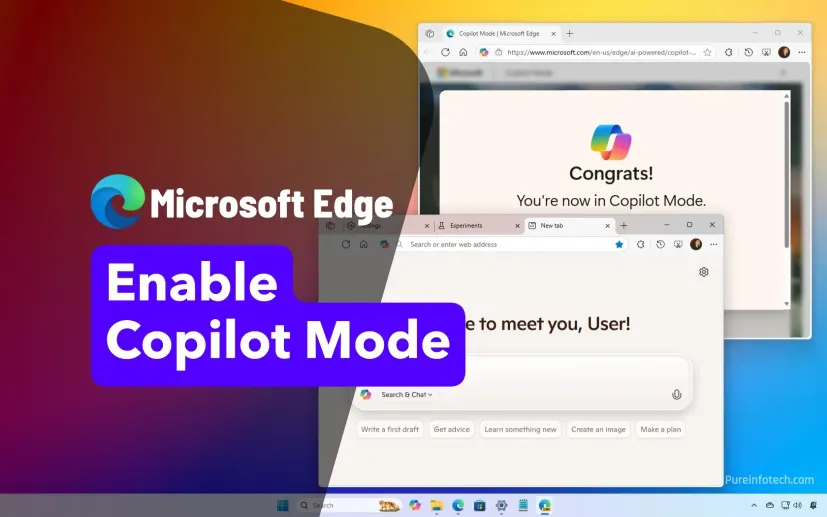In the growing digital marketplace, the choice of the right e-commerce solution must be undertaken if businesses wish to develop or expand their web presence. Flexible, customizable, and best of all giving you full control in your eCommerce business and all these are available through open source eCommerce platforms most of which are comparatively cheaper than proprietary eCommerce platforms. Some of the best platforms in 2024 are defined by their features, scalability, and reception in the community. Various factors that are important when choosing an open-source eCommerce platform have been discussed here alongside the top options and their general characteristics.
Most Popular Open Source Ecommerce Platforms
1. Magento Open Source:

Magento Open Source is considered a more solid and large platform that is more scalable and flexible providing opportunities for companies with huge catalogs and numerous modifications. It is very flexible and provides many extensions available through the Magento Marketplace. However, the platform has a steep learning curve and it might turn off users who are not so IT inclined. Magento comes with an open-source version, which means one cannot pay for the license fee, but severally a business will be charged for hosting premium extensions, and professional support.
Fee: Free (Open-source edition)
Transaction Fee: It is not possible to state here whether it is possible or not to accept payments in such a way without using a payment gateway that would accept payments in this way.
Best For: Such business entities or enterprises have multilateral needs in their large business establishments and structures.
Key Features:
- Powerful search engine
- Multi-source inventory management
- Code-free page builder tool
- Multi-currency and multi-language support
- It is popular and there is a lot of proof of its existence.
2. WooCommerce:

Overall, WordPress is one of the most favorite platforms among a business that is already using it for their eCommerce store. WordPress used to be solely the content management system that doesn’t require much setup to turn a website into an online shop. In this way, WooCommerce is very versatile and users can expand the capability of the platform with a large number of plugins. The initial plugin is usually available at no cost whereas other features may have to be obtained from paid versions known as extensions. For instance, being derived from WordPress, WooCommerce’s performance and safety are a direct function of the hosting company.
Fee: Open Source (can be installed and used as a WooCommerce plugin in WordPress).
Transaction Fee: This depends on the payment gateway that the business in question is using since there is no additional charge required to be paid to the system.
Best For: Small to medium business entities enterprising on the WordPress platform
Key Features:
- Over 1,200 themes
- Positioning of a product and the computation of a tax on this product
- Built-in payment processing
- Inventory management
- Huge amount of plugins and extensions
3. OpenCart:
OpenCart is one of the simplest platforms, although it is quite functional, as a rule, it has no unnecessary features. Small to medium-sized organizations seeking a relatively easy-to-implement solution with a comprehensive marketing suite will benefit from it. Some of OpenCart’s unique features are affiliate marketing and reward programs that are integrated into the software. However, it will not be suitable for companies that need more sophisticated SEO and inventory solutions.
Fee: Free
Transaction Fee: It depends, but in most of the cases it remains at none since most of the payment gateway companies are responsible for all the fees.
Best For We are referring to small and mid-sized companies that offer products directly to end consumers through the Internet.
Key Features:
- The organization of multi-store management from a single management platform
- Integrated affiliate marketing module
- Over 2,700 design themes
- Multi-currency and multi-language support
- Large developers’ base with many available extension
4. nopCommerce:
nopCommerce is an extremely flexible platform based on Microsoft’s Net application model just as ASP. NET framework and this makes it favored for use by business establishments that have adopted Microsoft technologies. It’s flexible, can be used by B2B and B2C businesses, and can also be integrated into multi-seller platforms. It is open-source but the many settings may best be handled through the hire of professional development services. The convergence of digital interfaces is another strength that adds to this flexibility; especially its support for headless commerce through API only adds to this flexibility.
Fee: Free
Transaction Fee: No, some of them may require payment gateways or additional pages that are integrated into one’s website.
Best For: All sizes of business agree with Microsoft technologies being used
Key Features:
- Multi-store and multi-vendor support
- Such as B2B relationships, B2C relationships, and B2B2C relationships.
- Advanced SEO features
- Lots of available plugging and extension
- Headless commerce support
5. PrestaShop:
PrestaShop is an open-source software, which is cheap but at the same time does not lose its functionalities. It is most suitable for small and young businesses that require a lot of features, but do not want to spend a lot of time learning how to use, for example, Magento. All in all, shipping, digital marketing modules, and much more are also available in PrestaShop although most of them require extra charges. The simplicity of this platform coupled with the riches in the feature set puts this as a contender for businesses looking to scale up gradually.
Fee: Free
Transaction Fee: None but be sure to contact your payment gateway to get full details about the implementation of PSD2.
Best For Those companies who are in startup mode and have fewer resources to invest
Key Features:
- One-page checkout
- Downloads add-ons and cross-selling options
- More than 5 thousand modules and over +600 features
- GDPR compliance tools
- Flexible product configuration
6. Shopware:
Shopware is an expandable solution that has found its footing in Europe especially among mid to large-scale companies. It provides features such as live video events, and it uses Artificial intelligence in writing product descriptions making it a suitable option in the current market for companies that wish to have a better way to interact with their customers. The B2B and the B2C models are well supported and it is highly adaptable to both headless commerce and traditional eCommerce systems. Its community edition is free but if large projects are involved then they are required to go for the paid version.
Fee: Free (Community edition)
Transaction Fee: It depends on the payment gateway that you are integrating at your site, many of the payment gateways provide free trial for a limited period or a limited number of transactions.
Best For: For the targeted Market, the targeted Market is medium to large businesses especially those in the EU.
Key Features:
- Drag-and-drop design editor
- Webcasting as real-time events for customers
- Computerized Excel templates for product descriptions
- There are additional components applicable to the Business to Business model including user roles differentiation and customer-specific pricing.
- Headless commerce capabilities
7. Spree Commerce:
Spree Commerce is a headless eCommerce and PWA platform for businesses, which is open source. A gem on Ruby on Rails, Spree is fast and versatile to enable businesses to design complex stores easily. However, because the platform is highly complex, it can only be recommended for medium to large business entities as this will need an expert to handle it.
Fee: Free
Transaction Fee: Payment gateway (Some times no cost or may be charged depending upon the services opted for)
Best For: For the following enterprises who are seeking headless and PWA functionalities
Key Features:
- Lightweight and fast platform
- Integration with Next. js and Vue Storefront
- Currently affirms 144 payment options including BNPL solutions
- There are algorithms for product recommendations as well as various forms of personalization.
- Omnichannel selling
8. Drupal Commerce:
Drupal Commerce is its eCommerce platform, which is built on top of the CMS Drupal. That is why it is perfect for businesses that are already using Drupal and are looking to add eCommerce without any hitches. Drupal Commerce provides ample API support that will enable it to be integrated with another system relatively easily. Lucee is a powerful platform, however, because of the complicated design is better for companies with access to developers.
Fee: Free
Transaction Fee: None but in this case, it relates to the payment gateway that the company uses.
Best For Businesses whose website is built using Drupal as their Content Management System.
Key Features:
- API first for including custom mechanisms
- A strong search engine that implements power facets
- These are support for multiple currencies and multiple languages.
- Dynamic product pages
- Compatibility with over 100 payment gateways








